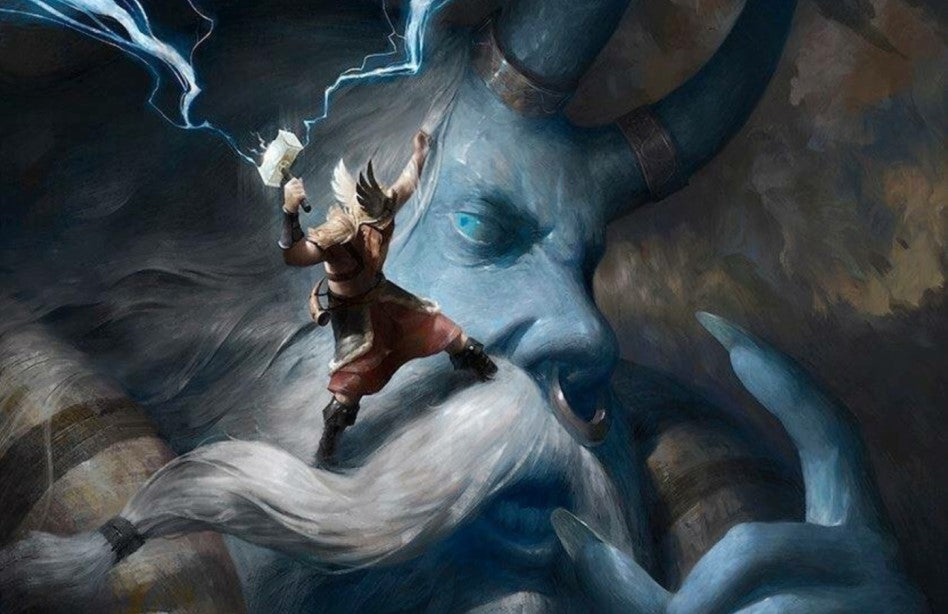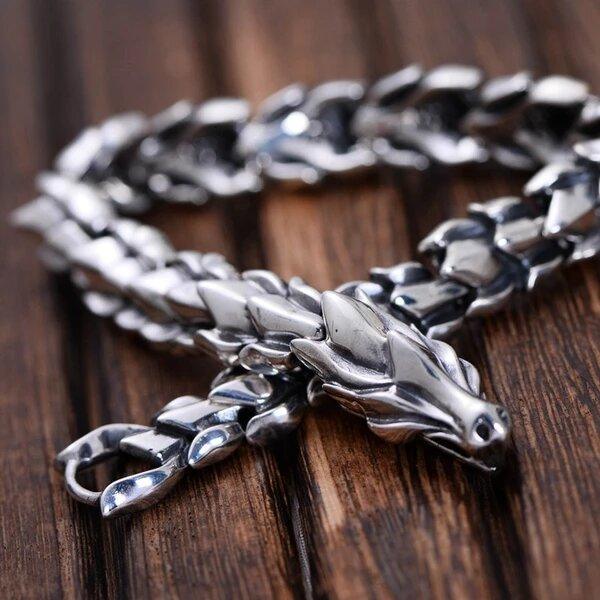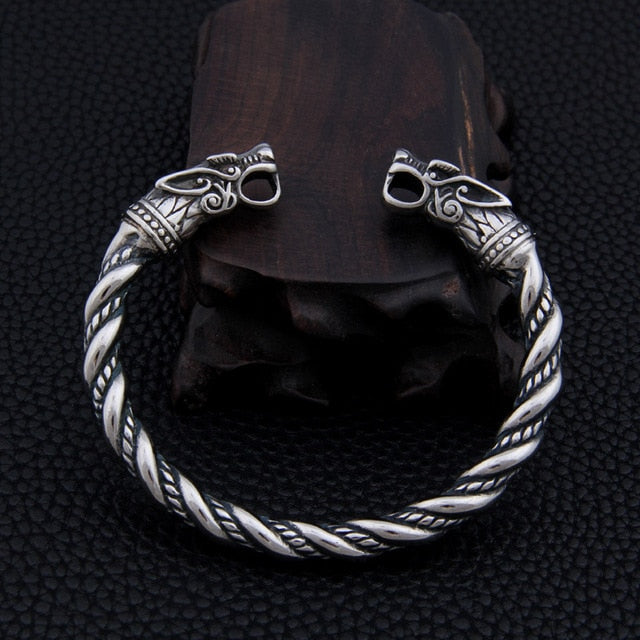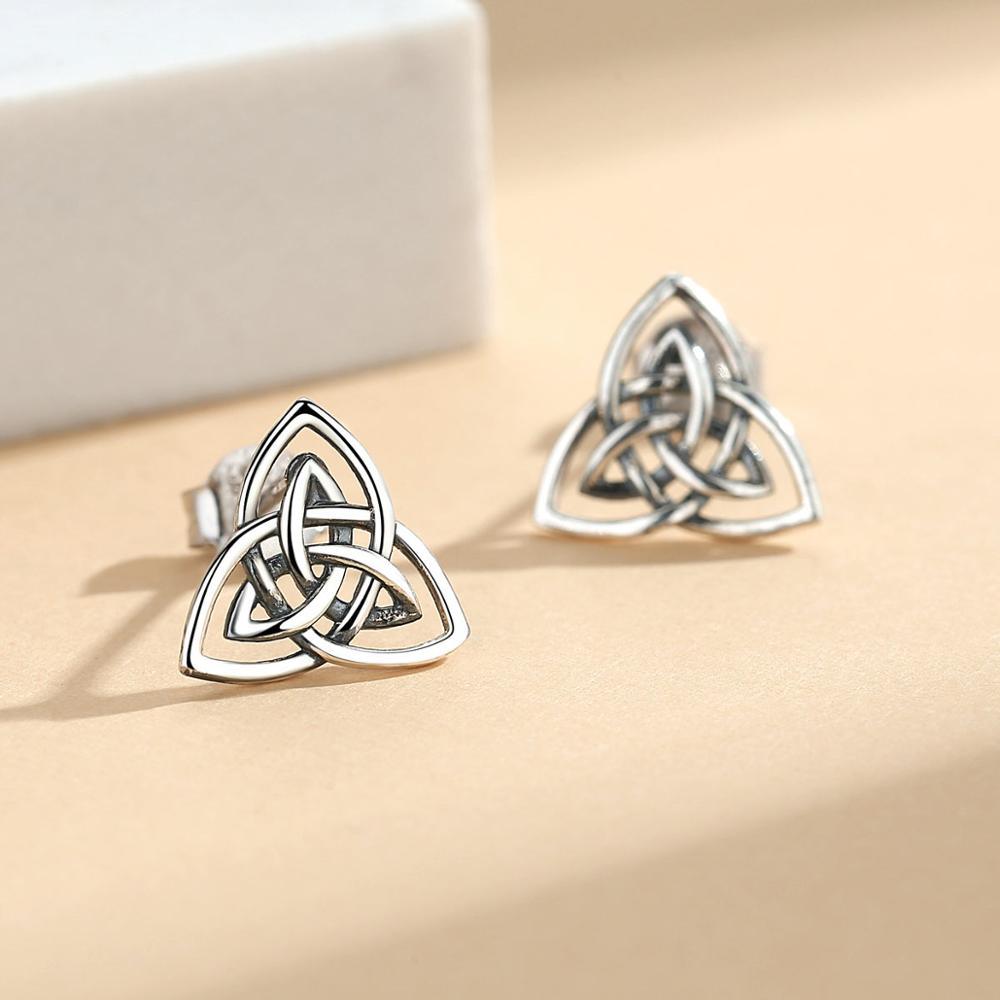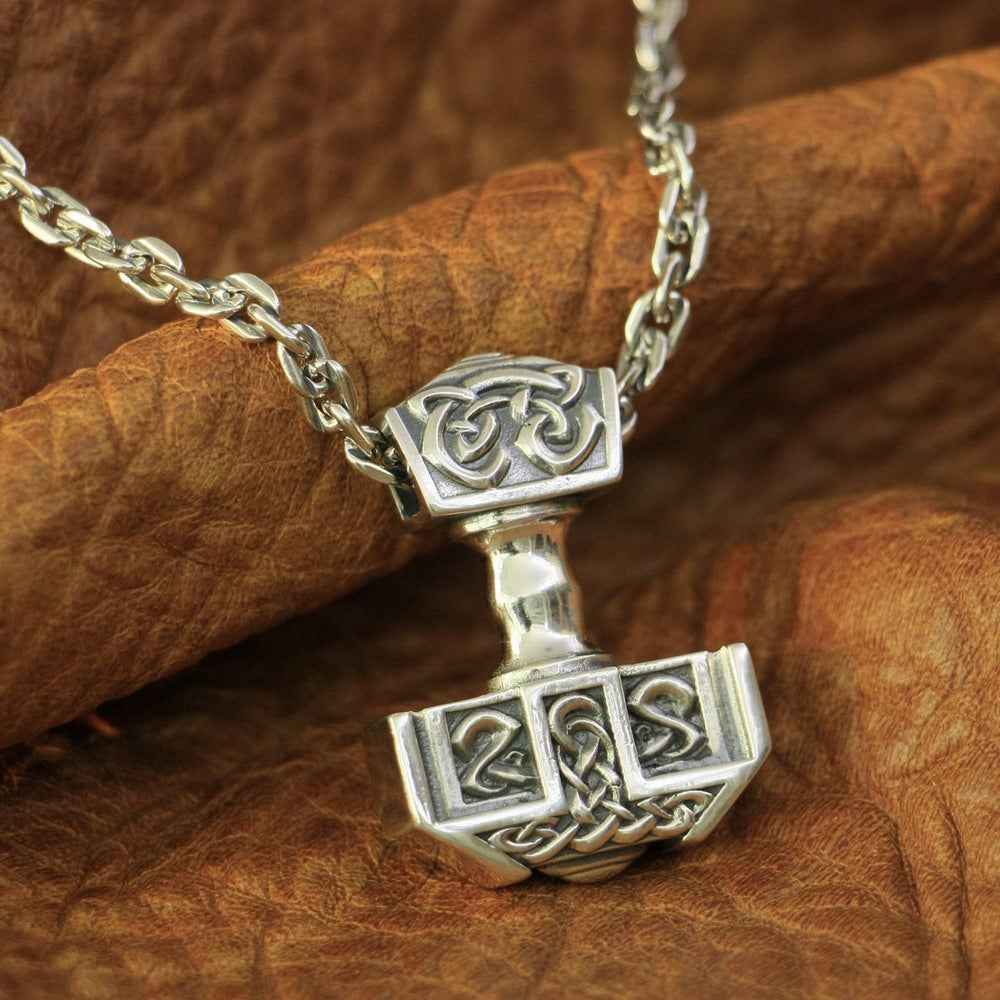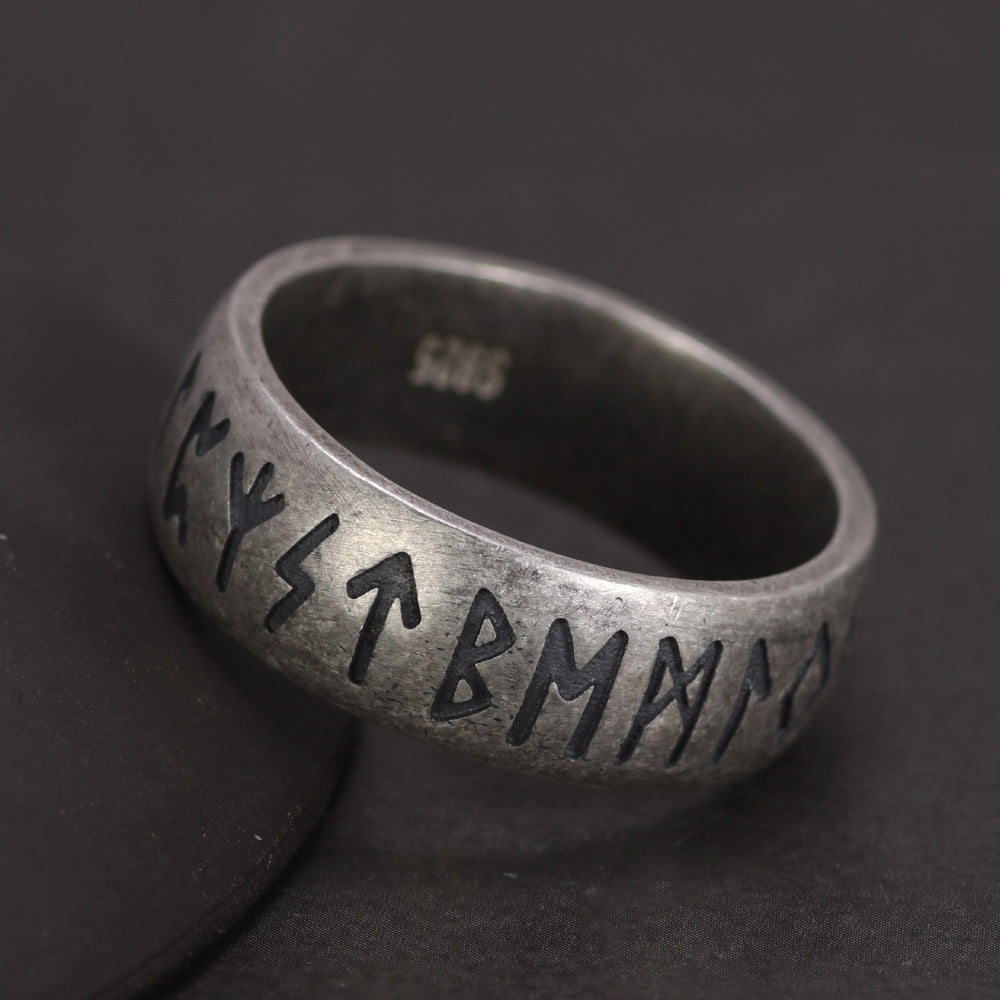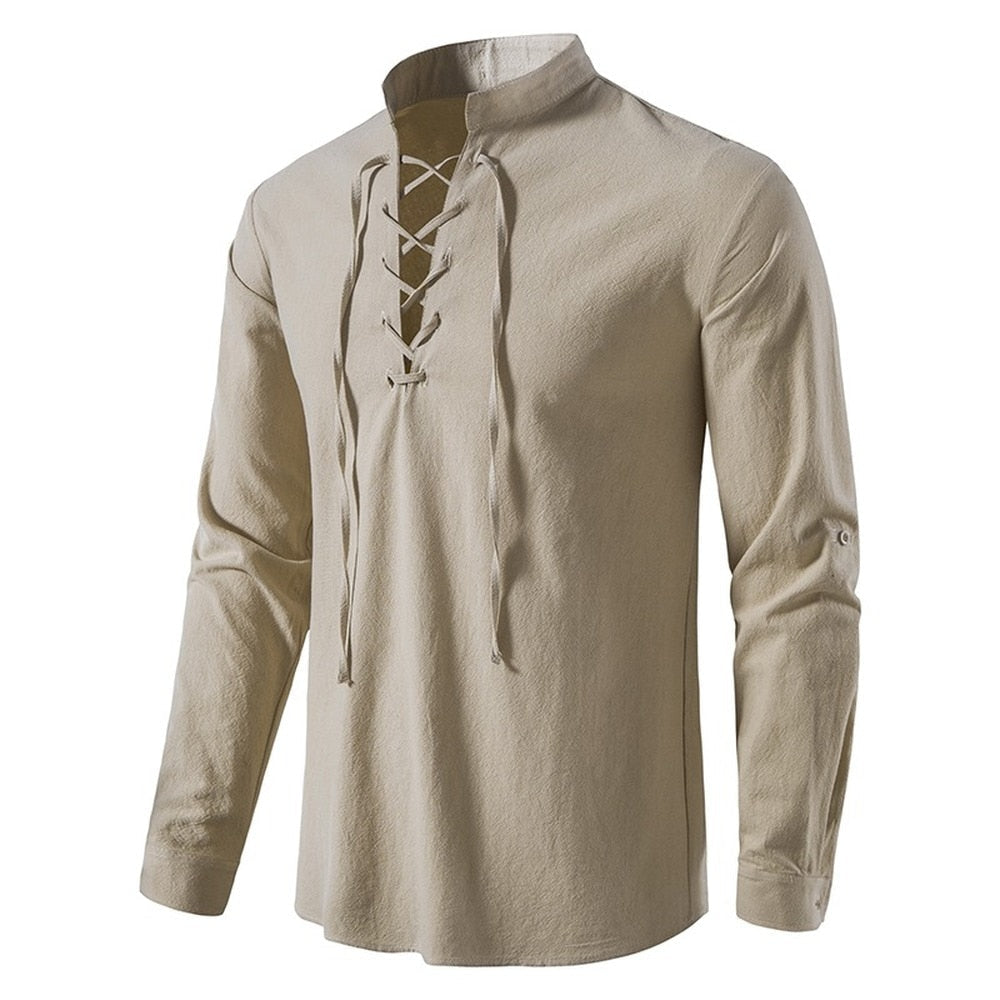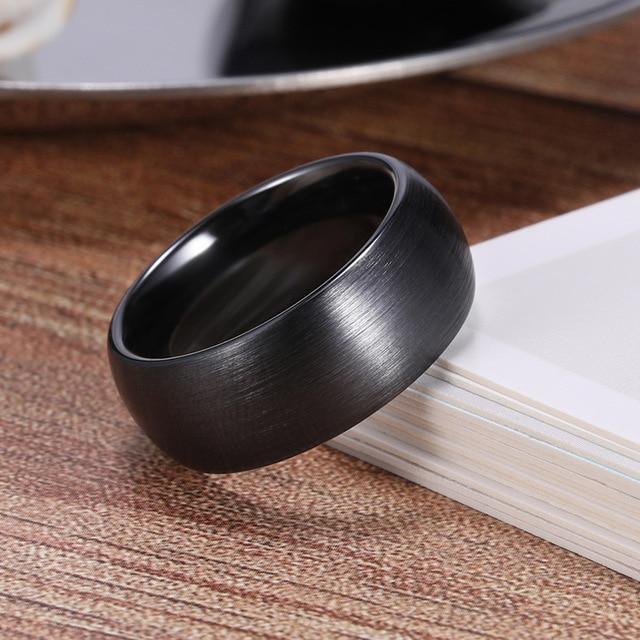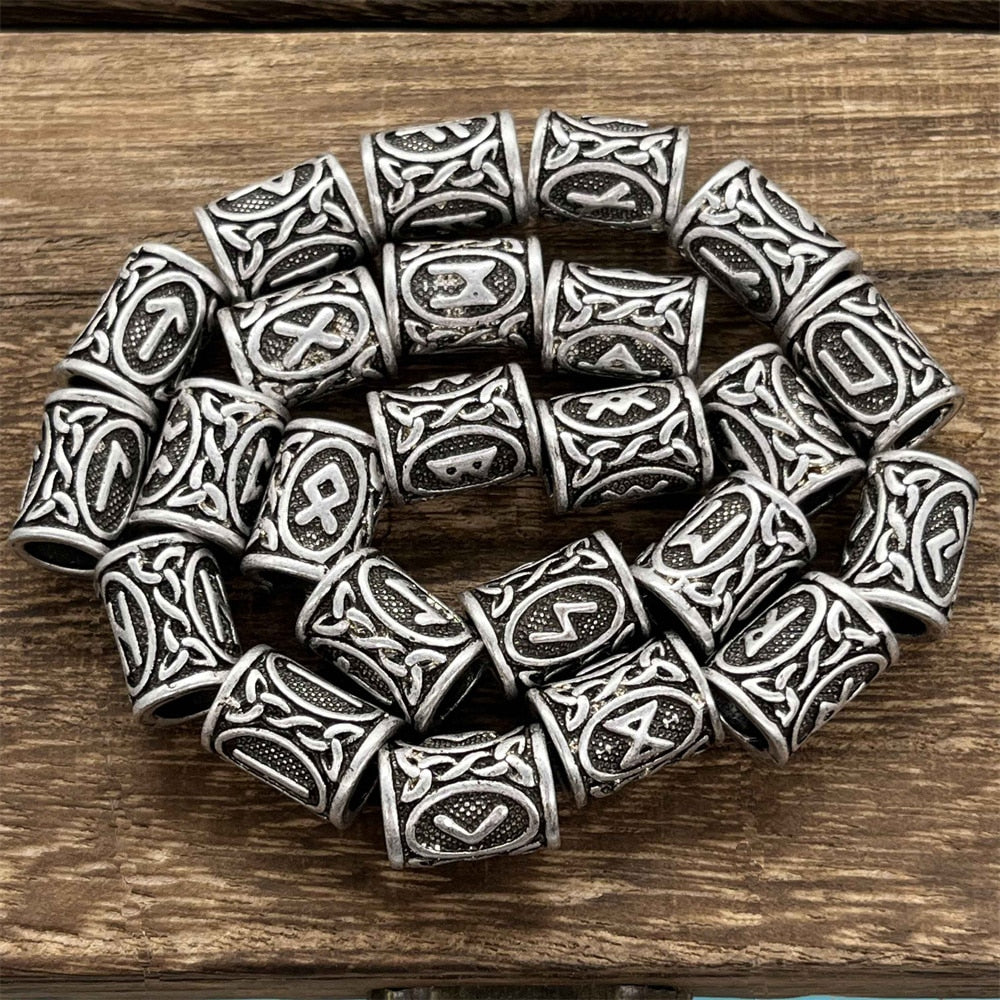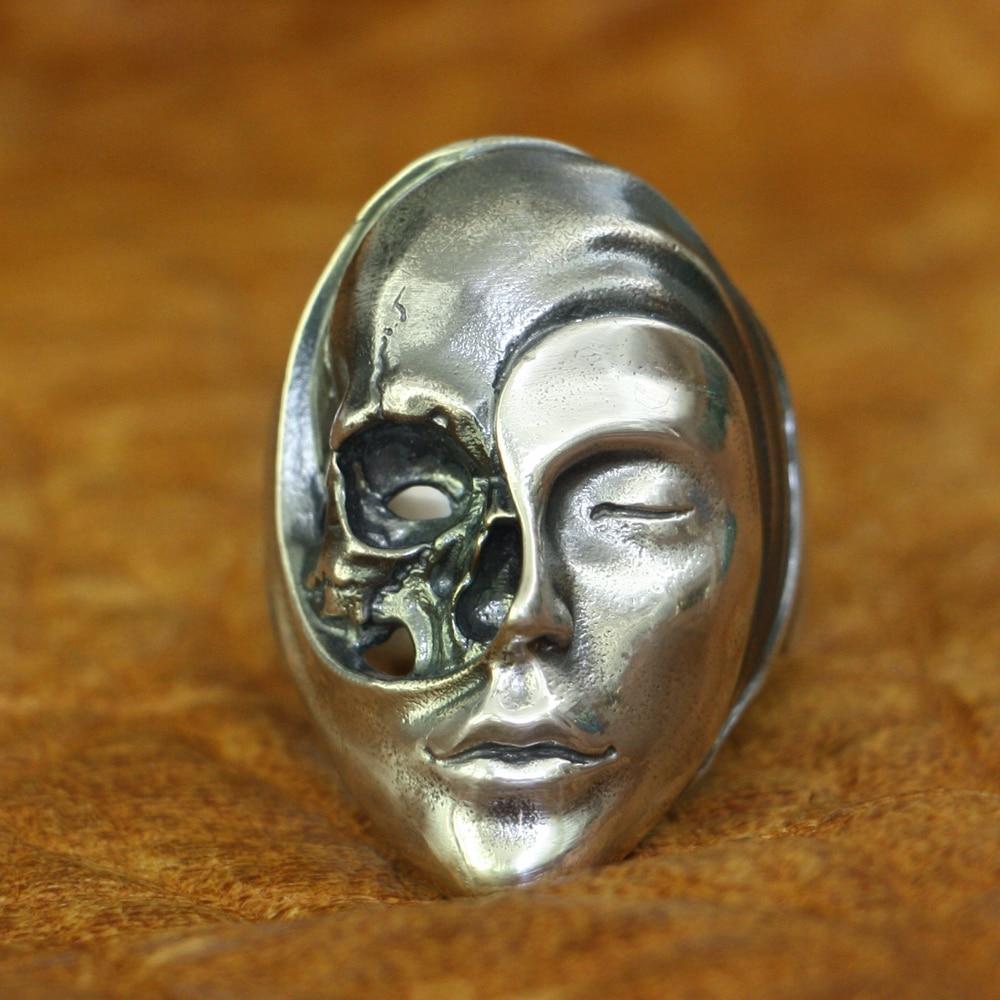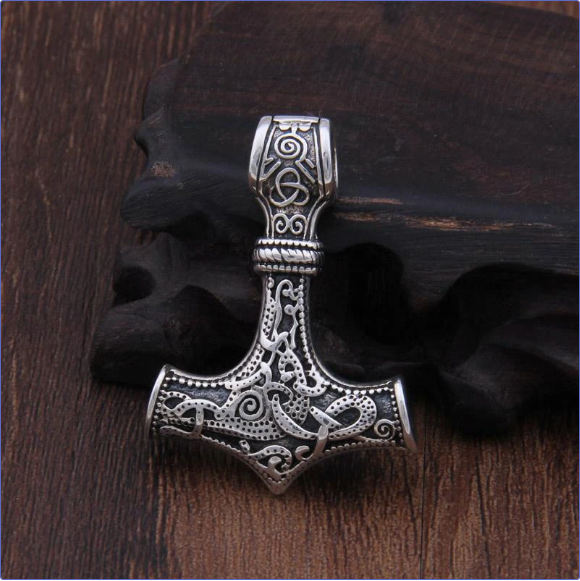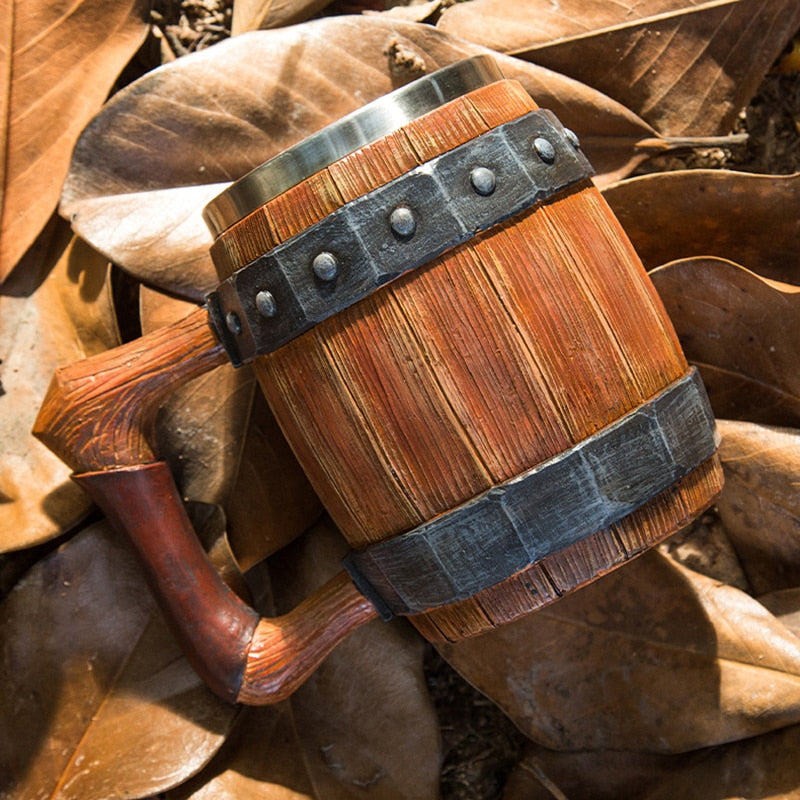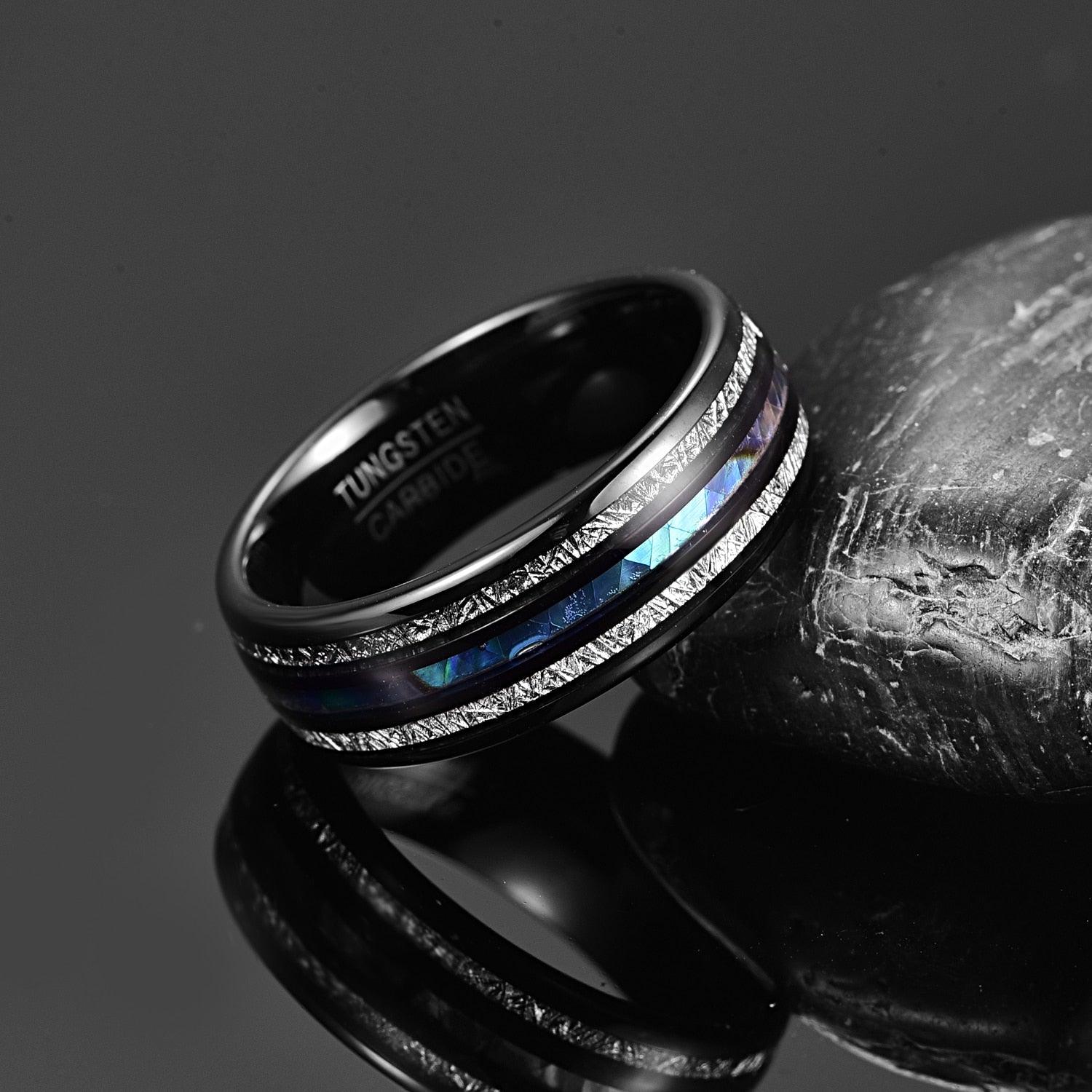One day Odin was traveling through the nine realms, as he often does, riding his magnificent horse Sleipnir. On his travels, he reached Jötunheim, the realm of the giants. As he swept along, every giant stopped to look, for such a horse and such a rider were rarely seen. Sometimes Sleipnir swift hoofs clattered along the rocky roads across the open country, sometimes they struck quick echoes out of the mountain sides in the deep dells, sometimes they rang along the very summits of the hills; and again, in an instant, horse and rider swept noiseless through the air like strange phantoms in the clear mid-day.

Amongst the giants watching Odin and his mount was Hrungnir, a giant made of stone, who decided to block Odin’s way:
“Who are you, riding through air with golden helmet and flowing mantle?” asked the giant. “You have a splendid horse.”
“None half as as good in all of Jötunheim!” was Odin’s answer.
The Allfather's boast made the giant angry. “None half as good? I’ll show you a better one myself,” said Hrungnir.
Challenging the Odin for a race, the giant mounted his horse, named Gullfaxi (gold-mane), and off they both went like a rushing wind.

Neither Gods nor men ever saw such a race, as the horses ran over earth and through air, Sleipnir dashing with foaming flanks ahead, with Gullfaxi close behind with flaming eyes outspread golden mane.
So fierce was the chase and so full of rage was the mind of Hrungnir that, before he knew it, he had run through the the gates of Asgard itself, losing to Odin by only a small margin.
The race was fair and the Jotun fought to the end, earning the invitation of the Gods for a feast. The Gods led Hrungnir into the great hall of Valhalla and set out great tankards brimming with ale and wine for Odin and Hrungnir. As the magical tankards were set before him, the giant drained them, one by one with a single draught, making the giant forget where and with whom he was. The giant, quickly inebriated, began to boast of his mighty deeds and of the terrible things he meant to do against the Gods:
“Oho,” he shouted, “I’ll pick up this little Valhalla in one hand and carry it off to Jötunheim; I’ll pull this high-walled Asgard down stone after stone, and knock the heads of all these puny Gods together until none are left save Freyja and Sif, and they shall boil my pot and keep my house for me.”

The Gods immediately regretted offering their hospitality, but the rites must be respected, even with a drunken braggart as a guest. So Freyja filled his horn again and again, until he roared out in a drunken fury: “I’ll drink every drop of wine in Asgard before I leave.”
This boast made the gods, already weary, indignant, and they called on Thor to rid them of the braggart. The God of Thunder came striding into the hall swinging his mighty hammer, with anger on his brow and in his eye, to hear the gods insulted under the very roof of Asgard.
“Why does this stupid giant sit here in Asgard drinking our wine as if he were a God?” shouted Thor, glaring at Hrungnir as if he would smite him on the spot. Hrungnir, full of drunken courage, glared back at Thor.
“I came here with Odin,” he growled, “and the hospitality of the Gods will suffer more than I if a hand is laid on me.”
“You may rue that hospitality before you are out of Asgard,” was the angry reply of Thor.
“Small honor to you if you slay me here, unarmed and solitary. If you want to prove your boasted valor, meet me face to face at Grjottungard. Foolish it was in me to leave my shield and flint-stone at home. Had I those weapons I would challenge you to fight me here and now, but if you kill me unarmed I proclaim you a coward in the face of all Asgard.”
“I will meet you, braggart, when and where you will,” retorted Thor, to whom no giant had ever before challenged to a holmgang, or single combat.

Uttering his challenge, Hrungnir left Asgard and journeyed as fast as he could to Jötunheim to make ready for the fight.
Such news were hotly received in Jötunheim, where the tale of Hrungnir’s journey to Asgard and his future holmgang with Thor gave him the status of a hero.
At the time Hrungnir was one of the most powerful of the Jötunn, and the giants were hopeful that he could beat Thor, ending once and for all the threat of their lifelong enemy.
Thor’s mighty Mjölnir had often rung among the hills, and the giants dreaded its flash of it through the air and its crash, as Mjölnir fell smiting and crushing whatsoever opposed it.
To give Hrungnir courage, they built an immense giant of clay at Grjottungard, but they could find no heart big enough for such a huge body, and so they were obliged at last to use a mare’s heart, which fluttered and throbbed terribly when Thor came; for it is the heart and not the size of the body which makes one strong and great. The clay giant, when finished, was so vast that the shadow of him was like a cloud upon the landscape. When all was ready, Hrungnir stood beside the false giant ready for the fight.
Hrungnir was a terrible foe, for his heart was as hard as rock, as his whole body was of stone. He was armed with a great broad shield and a huge flint-stone which he meant to hurl at Thor.
As the giant awaited for Thor near Grjottungard, the God of Thunder was on his way, accompanied by his human servant Thjalfe, who Thor found on another journey to Jotunheim (read more here about him and the Goats that pull Thor's Chariot). Thjalfe ran ahead, and when he saw Hrungnir, called out, “You stand unguarded, giant; you hold your shield before you, and Thor has seen you, and will come violently upon you from beneath the earth.”
Hrungnir immediately threw his shield on the ground and stood upon it, grasping the flint-stone in both hands.
In a moment the sky began to darken with rushing clouds, broad flashes of lightning blazed across the heavens and deafening peals of thunder rolled crashing over the terror-stricken earth. Striding from cloud to cloud, swinging his terrible hammer in an awful uproar of lightning and storm, Thor came rushing on in all his divine might. The heavens were on fire, the mountains shook on their foundations, and the earth rocked, as the God of Thunder moved on to battle.

Poor Mokkerkalfe, the clay giant, was so frightened that the perspiration poured in streams from his great body, and his cowardly heart fluttered like an imprisoned bird. Thjalfe threw himself on Mokkerkalfe, and the clay giant, like a great many other giants, fell into pieces at the very first blow as thunder announced the arrival of Thor.
Thor arrived to the battle swinging his mighty Mjölnir with all his power, hurling it at Hrungnir on the very instant the giant flung the flint-stone. The two rushed like meteors and met with a tremendous crash in mid-air. The flint-stone broke in two pieces, one falling to the ground and making a mountain where it lay, and the other striking Thor with such force that he fell full-length on the ground. The stone embedded itself into the God of Thunder's head. Mjölnir did not even slow down with the impact, striking Hrungnir in the very center of his forehead, crushing his head into small pieces. As the stone giant Hrungnir fell, his leg fell across Thor’s neck, pinning him to the ground. In a single strike, Thor was victorious, but also imprisoned under the massive weight of the dead giant's stone leg.

The dead giant’s leg lay across his neck, and, try as he might with all his strength, he could not lift it off. Thjalfe came and tried in vain to set Thor free; and when the Gods heard of the trouble Thor was in, they all came, and one by one tried to lift Hrungner’s leg, but not one of them could do it. Although Thor had killed the giant it looked as if the giant had beaten him too. Soon after, Thor’s little son Magni, (strength), came that way. He was only three days old, but he walked quickly to his father, quietly lifting the immense leg and throwing it on the ground as if it were the easiest thing in the world, saying as he did so, “It was a great mishap that I came so late, father; for I believe I could have slain this giant with my fist.”
Thor rose up quickly and greeted his son as if he were prouder of him than of the slaying of the giant, and declared that he should have the giant’s beautiful horse Gullfaxi for a reward. Odin decided not to further upset the giants and denied Magni the horse, and so Magni had to content himself with his father’s praise and the glory of his wonderful deed.
Thor’s troubles were not ended however, for the piece of flint stone which struck his head so violently remained embedded in it. When the Thunder God returned to his hall, named Thrudvang, he sent for the sorceress Groa, the wife of the wise Orvandel, that she might remove the unwieldy stone. Groa came with all her wisdom and began weaving magic spells about Thor, singing strange incantations to the most weird and mysterious powers in the world, until the flint-stone became entirely loose. When he felt the stone gradually loosened, and knew that Groa could take it out in a moment, Thor was so glad that he tried to think how he might reward her in some way. Even for a God, there cannot exist anything greater than happiness he thought. So he began to speak of Groa's husband Orvandel, who had long been absent from her and whom she greatly loved.
He told her that he had entered Jötunheim from the north, wading the deep rivers, and had secreted Orvandel in a basket, and so borne him out of the giant’s country, and that as they journeyed along in the bitter weather one of Orvandel’s toes protruded from the basket and was frozen, and he, Thor, broke it off and threw it into the shining sky, where it had become the star called “Orvandel’s Toe” (Venus), adding that Orvandel would shortly come to his home again.

Venus and the Moon on the night sky
When Groa heard this news of her husband, she was filled with such joy that she forgot all her magical songs and wonderful incantations. Unable to remember them, she failed to remove the flint stone from Thor's head, where the stone remains to this day.
There is an old superstition on Norse countries that claim that no one must ever throw a flint-stone across the floor, because when this happens the stone in Thor’s head moves, causing terrible headaches.
Sources:
Lindow, John. 2002. Norse Mythology: A Guide to the Gods, Heroes, Rituals, and Beliefs. Oxford University Press. ISBN 0-19-515382-0
Orchard, Andy. 1997. Dictionary of Norse Myth and Legend. Cassell. ISBN 0-304-34520-2
Simek, Rudolf. 2007 [1993]. Translated by Angela Hall. Dictionary of Northern Mythology. D.S. Brewer. ISBN 0-85991-513-1
Jesse Byock (2005) Snorri Sturluson, The Prose Edda. 1st. edition. London, England: Penguin Books Ltd. ISBN-13 978-0-140-44755-2
and my grandmother for the superstition part
